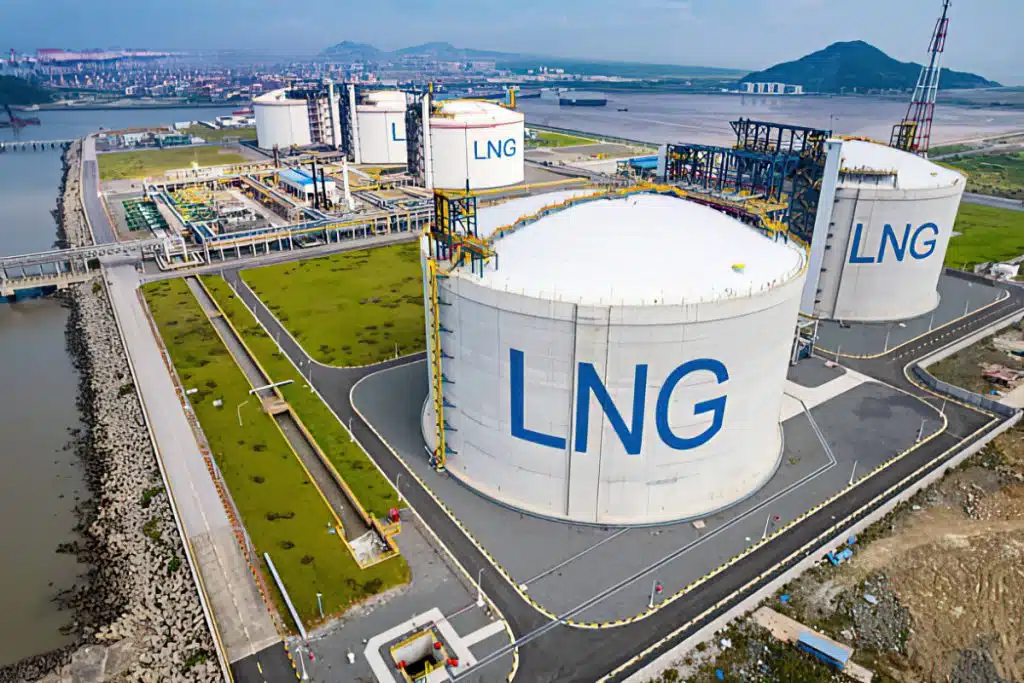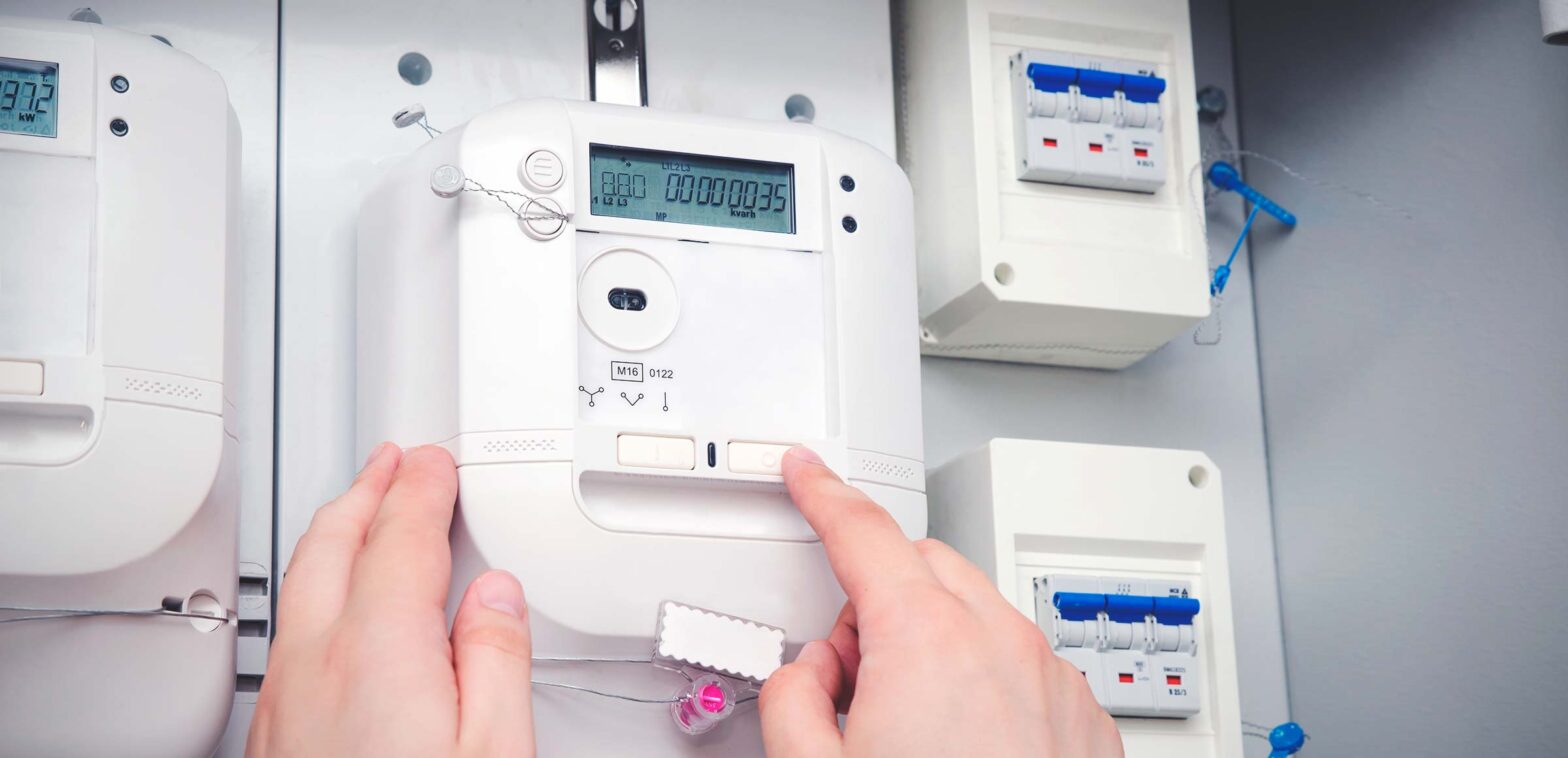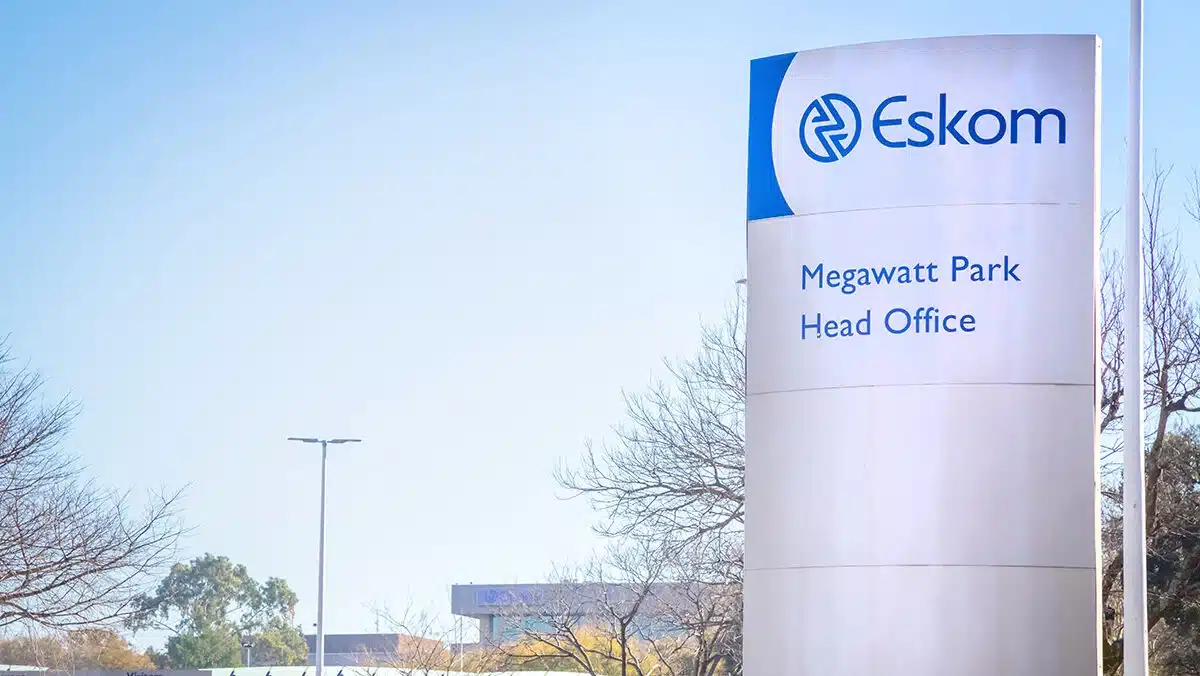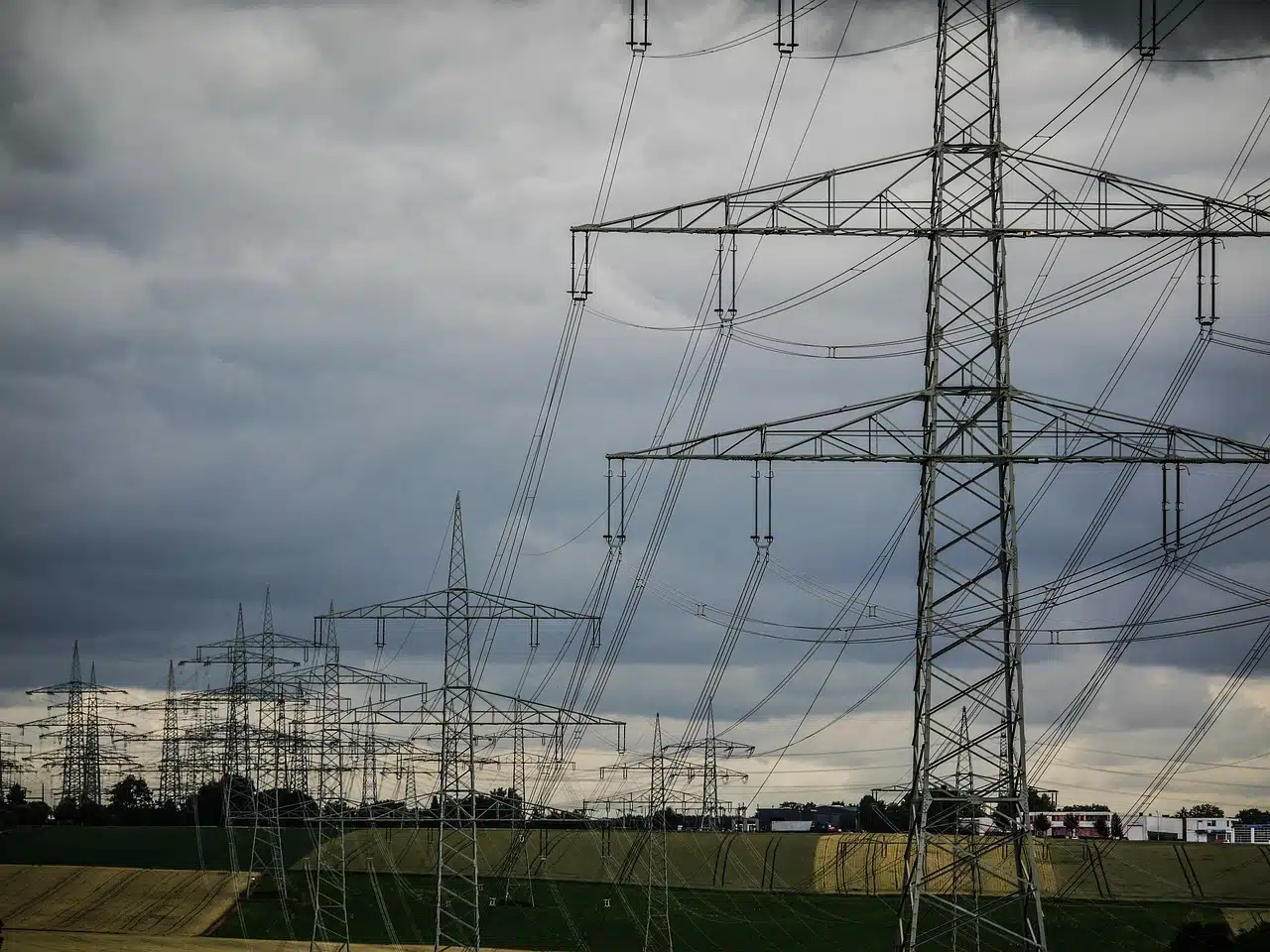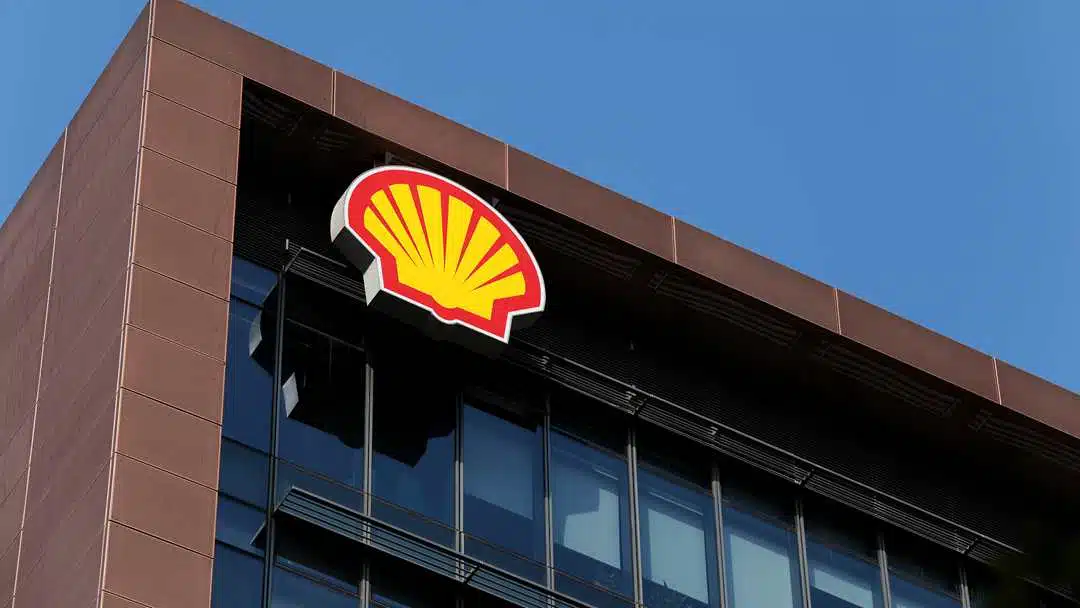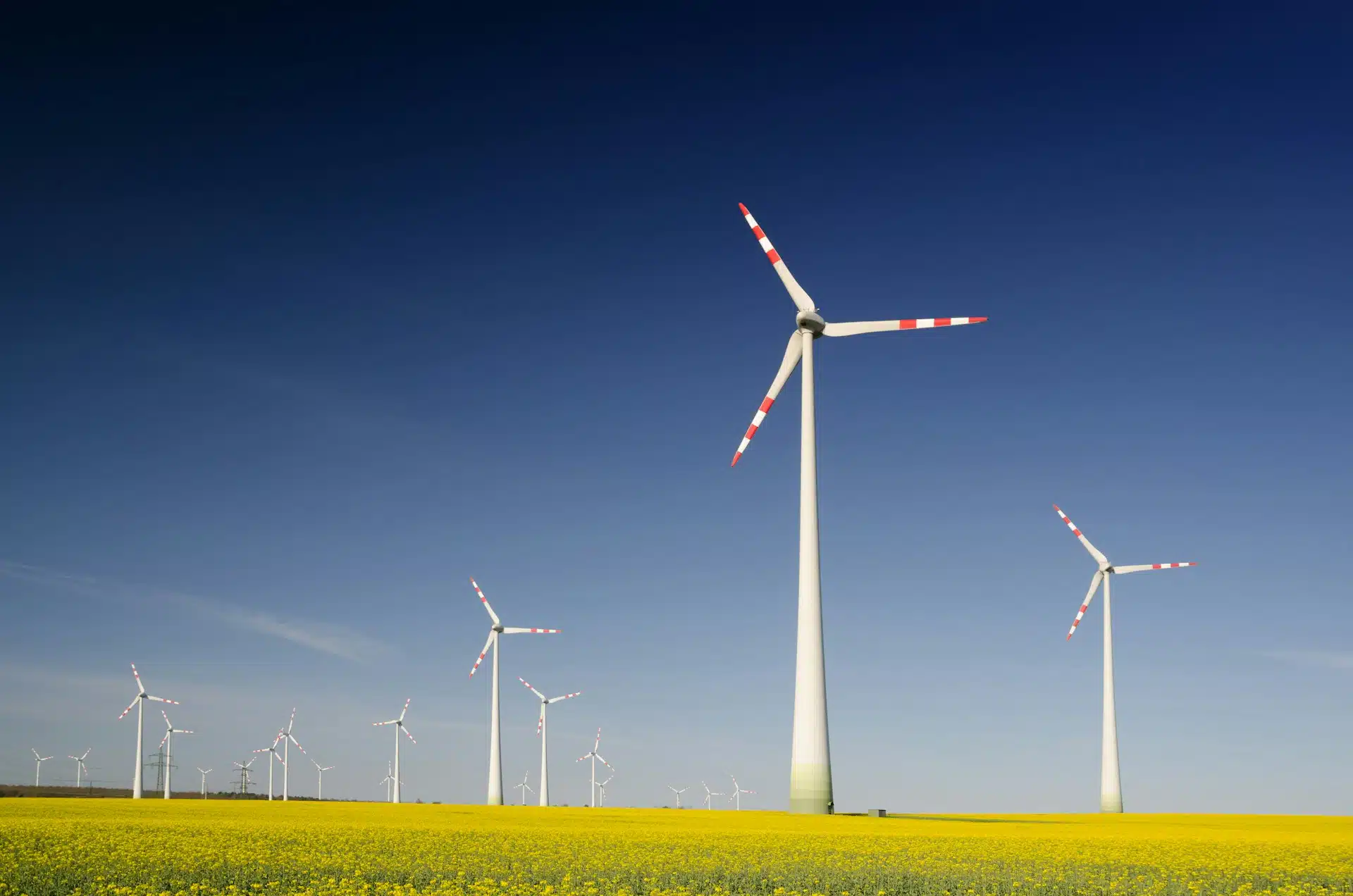Senegal has begun the process of converting a power plant to operate on liquefied natural gas (LNG), after exporting its first consignment of the fuel last month.
In a statement by Senegal’s state-owned power company Senelac, the conversion from heavy fuel oil to LNG at the Bel Air power plant in the nation’s capital, Dakar, started on Tuesday.
The first phase of the project will involve converting the 335-megawatt plant’s engines, while a second phase later this year will change the facility’s fuel source to LNG, according to Arona Balde, director of system operations and purchasing.
The Bel-Air plant’s existing six Wärtsilä 46 engines will be converted to six Wärtsilä 50DF dual-fuel engines. Wärtsilä’s dual-fuel engine technology allows the use of multiple fuels, providing the option to operate on gas with liquid fuels as back-up.
“This operation, requiring the shutdown of the power plants, will temporarily affect the availability of its production fleet and cause disruptions in the supply of electricity to customers”, the statement read.
Senelac however said it will implement solutions to considerably reduce the impact of the unavailability of service.
The upgrade will be implemented from May 13 to May 19, 2025. The plant is being upgraded by Finnish company Wärtsilä.
The upgrade will mark the first LNG plant conversion in Senegal, which currently relies on imported LNG. It will later use gas from the BP Plc-operated Greater Tortue Ahmeyim(GTA) field, Balde said.
Senegal plans to develop more than three gigawatts of gas-to-power capacity by 2050 as part of its Gas to Power Strategy to reduce its dependence on oil and coal to generate electricity. The West African nation is using gas as a transitory fuel.
What to know about the Greater Tortue Ahmeyim (GTA) project
The GTA gas field is set to supply LNG to the Bel Air power plant after its upgrade by Wärtsilä. The GTA project is a flagship offshore liquefied natural gas (LNG) development led by BP in partnership with Kosmos Energy, Senegal’s national oil company PETROSEN, and Mauritania’s Société Mauritanienne des Hydrocarbures (SMH).
BP operates the GTA project with a 56% working interest, alongside Kosmos Energy with 27%, PETROSEN with 10%, and SMH at 7%.
Located approximately 120 kilometres offshore on the maritime border between Senegal and Mauritania, the GTA project targets vast natural gas reserves and is considered one of Africa’s most technically advanced deepwater developments.
The project achieved its first gas earlier in 2025, with production transported via subsea pipeline to the FLNG vessel Gimi for liquefaction. It is the first operational floating liquefied natural gas (FLNG) facility in West Africa.
Phase 1 of the GTA development is expected to produce approximately 2.4 million tonnes of LNG annually over a period of more than 20 years, positioning Senegal and Mauritania as key players in the global LNG market.

